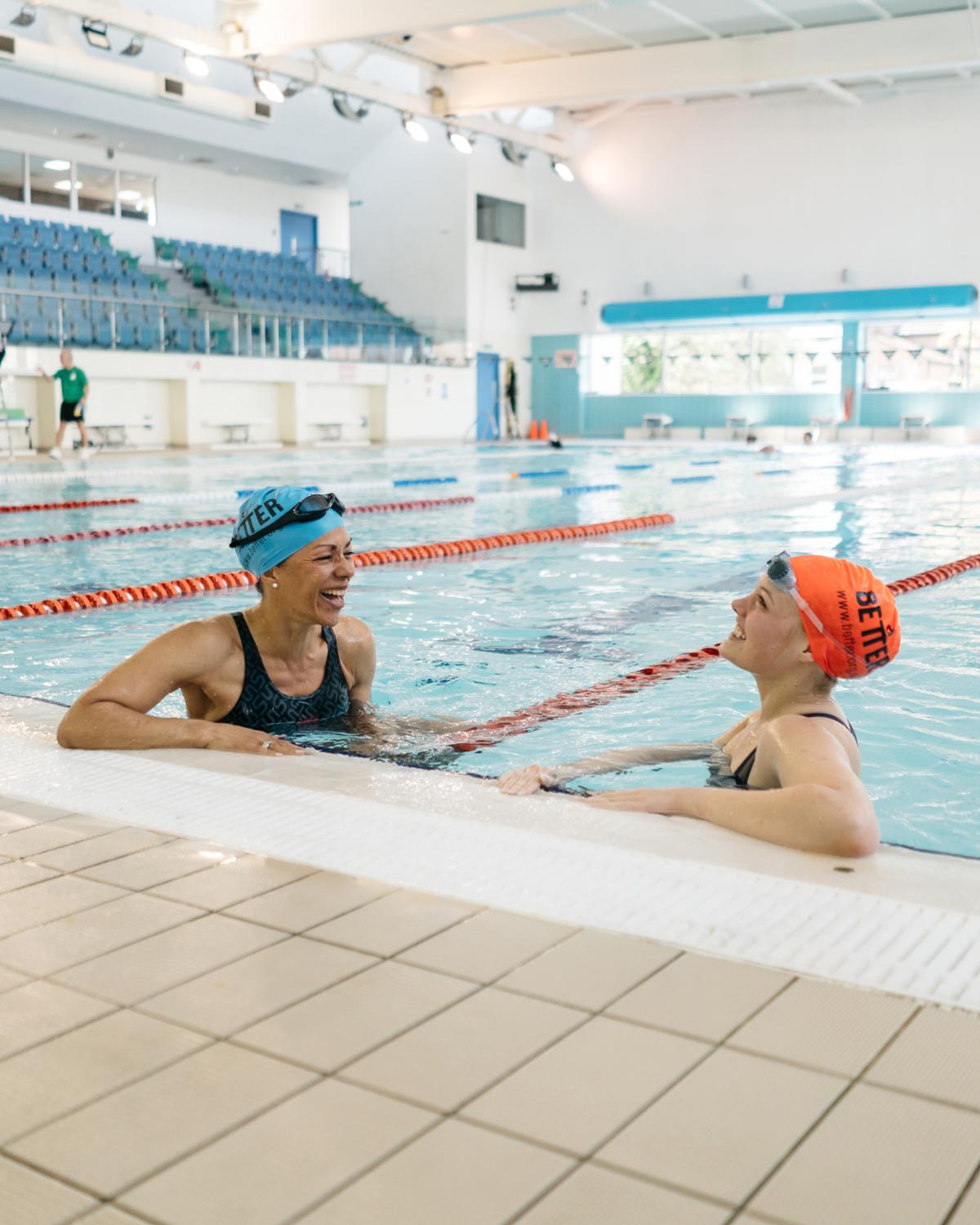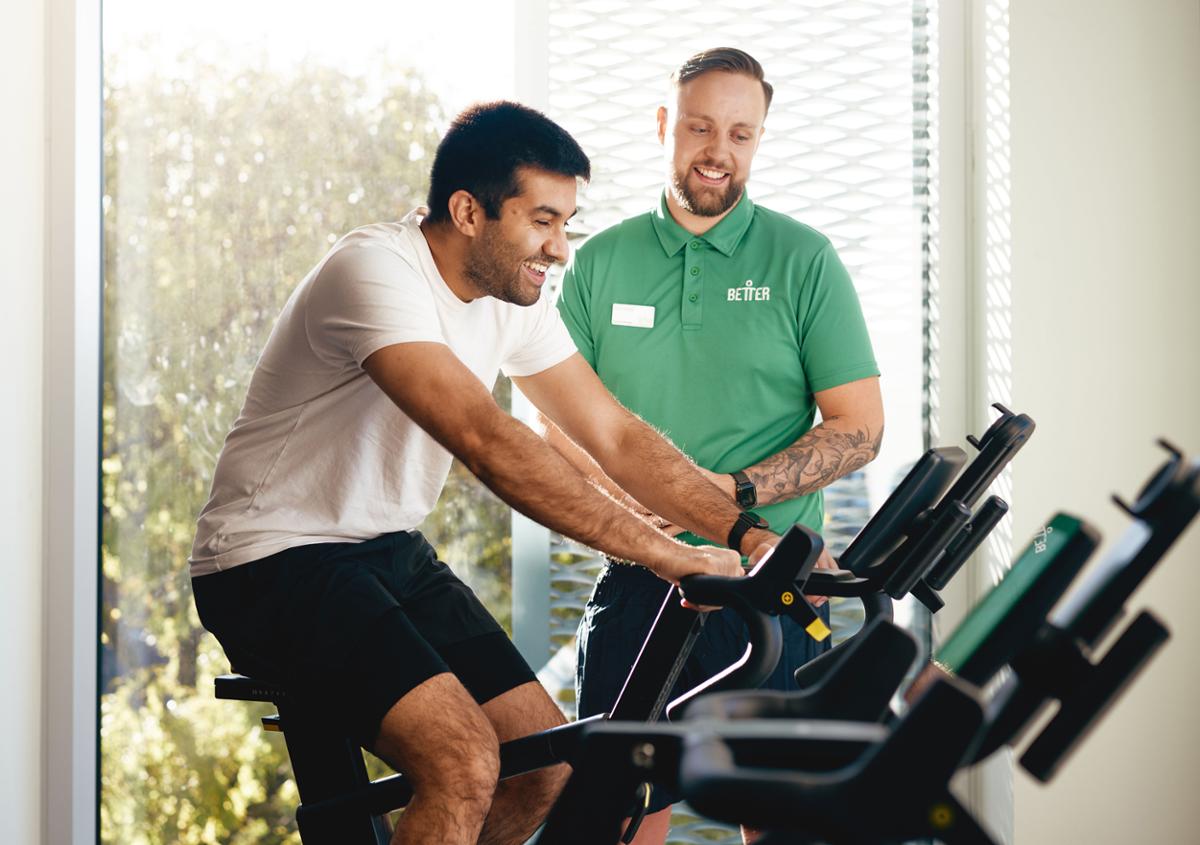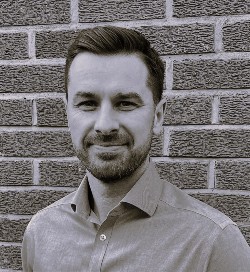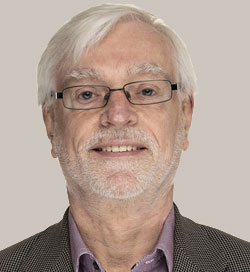In the early 90s there was a congruence of challenging issues: Compulsory Competitive Tendering had been implemented by the Thatcher government, council’s were facing budget cuts and there was a general push towards privatisation.
At Greenwich Council we didn’t want to go down the private contractor, lowest-common-denominator route and thought there must be a better way than cutting services and closing facilities.
At the time no leisure trusts had been spun out of councils in the UK, but we realised that if we were able to operate as a charitable social enterprise it would allow us to pay lower business rates, significantly cutting our costs.
We put the idea to the workforce, the Trade Union and the Labour-run Greenwich Council and everyone liked it, but the legal and financial advisors all said it went against primary legislation and couldn’t be done.
Greenwich council vs the government
Fortunately, the council was in opposition to the government of the time and didn’t support privatisation, so it gave us a six-month deadline to work up a viable business model, figure out the legalities and make the transfer across to the trust. Importantly, we got funding for independent legal advice, which was a game-changer.
At the time there were many swimming pools run by charities around the country and so we asked the question, if they can do it why can’t we?
The difference the lawyers identified was that a council couldn’t do it, but if the change to charitable status was instigated by the workforce it would be possible. So GLL was established as a staff-owned co-operative and that’s exactly our structure today. In addition to giving us the required tax status, it means we can never be bought out.
We called ourselves a 100-year company and in July this year we completed the first 30 of those years.
Becoming a trust gave us a huge sense of responsibility. Leaving the council meant losing key support services such as human resources, health and safety, IT, pensions and buildings maintenance support, so we had to find people to fill all those posts, while starting company bank accounts from scratch, with no money and against the clock – and all our staff had to vote to leap into the unknown. The reward for all of this, of course, was the freedom to be responsible for our own destiny and to act and react in the marketplace.
A time of extreme challenges
Everywhere we turned there were challenges, but to protect the services there was no option other than to make it work. We were very conscious that if it didn’t work, we’d be out on our ears and I knew my career would be over – at least in the short term.
Not only that, there were many vocal naysayers around who couldn’t get their head around the fact that the staff could be trusted to run their own company. Comments such as ‘Putting the kids in charge of the sweetshop’ abounded.
Unwavering belief
At time of transfer there were 10 of us in the top team and it was a steep and harsh learning curve for all of us. We had all come up through leisure services and were still doing our day jobs, but the new pressures meant that we had to acquire a whole new set of skills very rapidly.
The Trade Unions were supportive, as was the council, but its support had to be semi-covert. A year on from the formation of the trust, the [UK government’s] Department for Culture, Media and Sport called in the project to check if it was legally compliant.
This was a really nail-biting time, while we underwent DCMS scrutiny, but their conclusion was that it was a good idea and they were surprised more councils hadn’t done it.
In the end, it worked according to plan, to the extent that we were able to set up our own consultancy called Leisure Partners Limited, to advise the set-up of other leisure trusts.
Now, according to the Sport England Moving Communities insight report, 58 per cent of public leisure centres are run by charitable trusts and we’re pleased – and proud – to have been the pathfinder.
There were many sleepless nights and many lessons were learned, but I wouldn’t have done anything differently. It was really about not taking ‘no’ for an answer when we knew this was the optimum solution. I had to believe in the impossible, believe in myself, surround myself with the best people and believe in them. After that, it was a question of a lot of hard work.
At the time of the formation of GLL, in 1993, we had 110 staff and seven leisure centres. We now have 11,000 staff, 260 leisure centres and 110 libraries, making GLL the biggest such operator in the UK.
More: www.GLL.org


























































